If you tied a rope tight around the Earth’s equator and then added a single yard of slack, would the extra material make any noticeable difference to someone standing on the ground? Yes, actually. The answer comes as a surprise to most people, but the additional bit of rope raises it high enough off the ground for our eyes to easily discern it, and our feet to easily trip over. That fact might seem trivial, but the early 20th-century philosopher Ludwig Wittgenstein believed that this chasm between human intuition and physical reality revealed something important about the fallibility of our thinking. After all, if something that seems obvious to almost everyone can be totally false, what else might we be wrong about? This video from the Center for Public Philosophy at the University of California, Santa Cruz breaks down the mathematics behind Wittgenstein’s knotty example, and asks whether it should make us all feel a bit less certain about even our most deeply held beliefs.
What wrapping a rope around the Earth reveals about the limits of human intuition
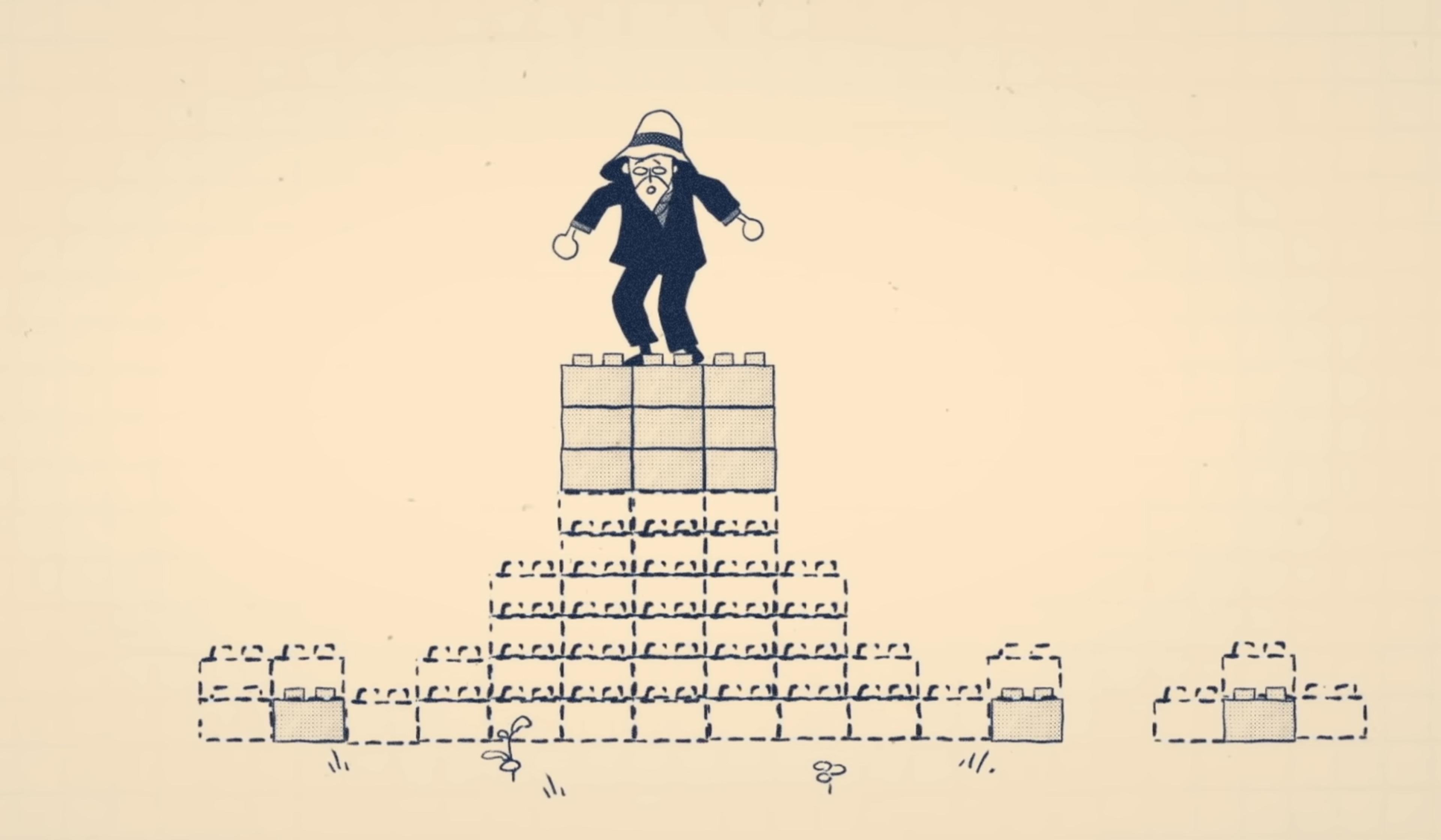
videoMathematics
How a verbal paradox shattered the notion of total certainty in mathematics
5 minutes
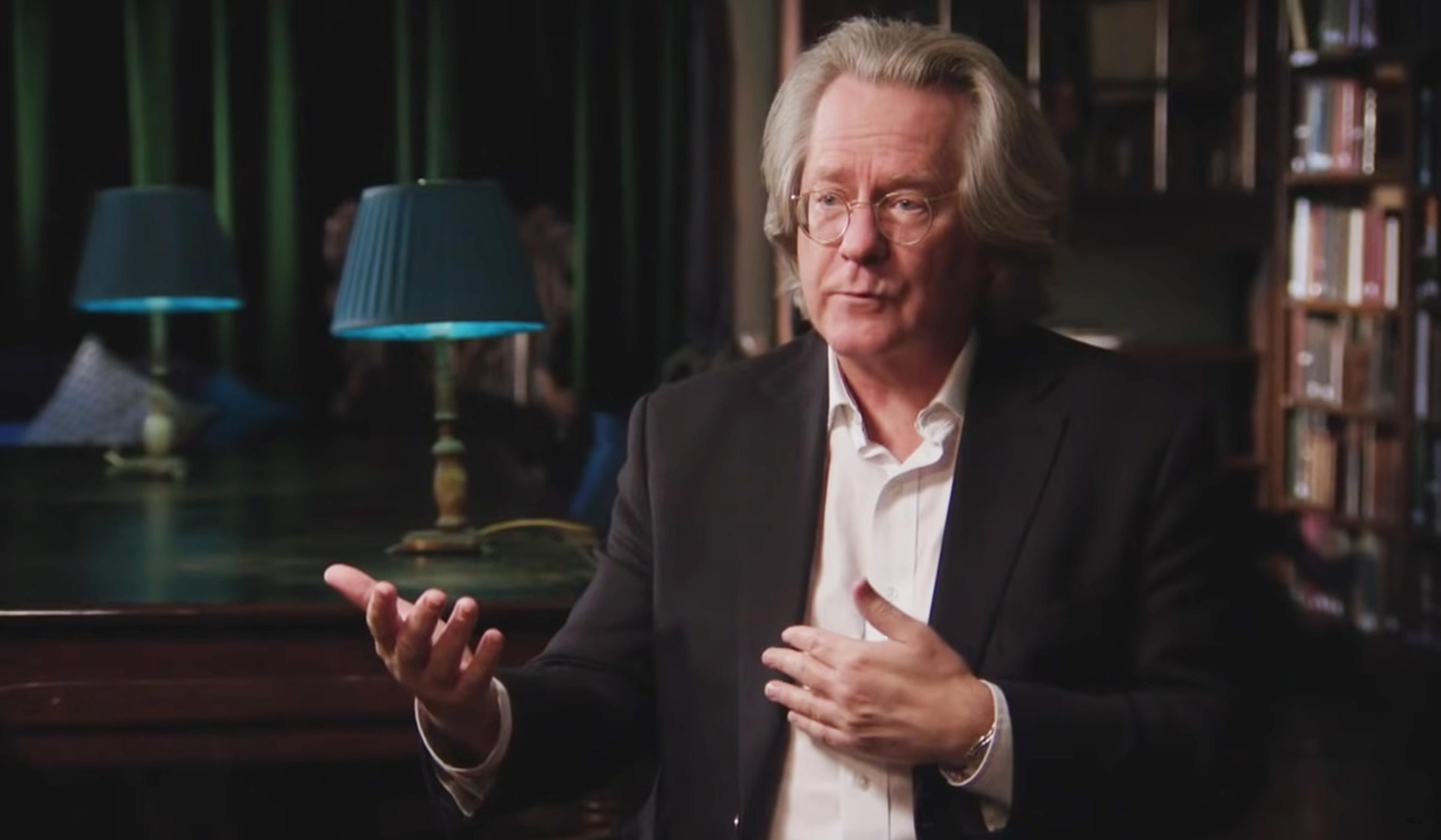
videoMetaphysics
Is the question ‘Why is there something instead of nothing?’ even worth asking?
9 minutes

videoHistory of science
Ideas ‘of pure genius’ – how astronomers have measured the Universe across history
29 minutes

videoEthics
BBC producer John Lloyd argues against the cult of knowledge and information
2 minutes
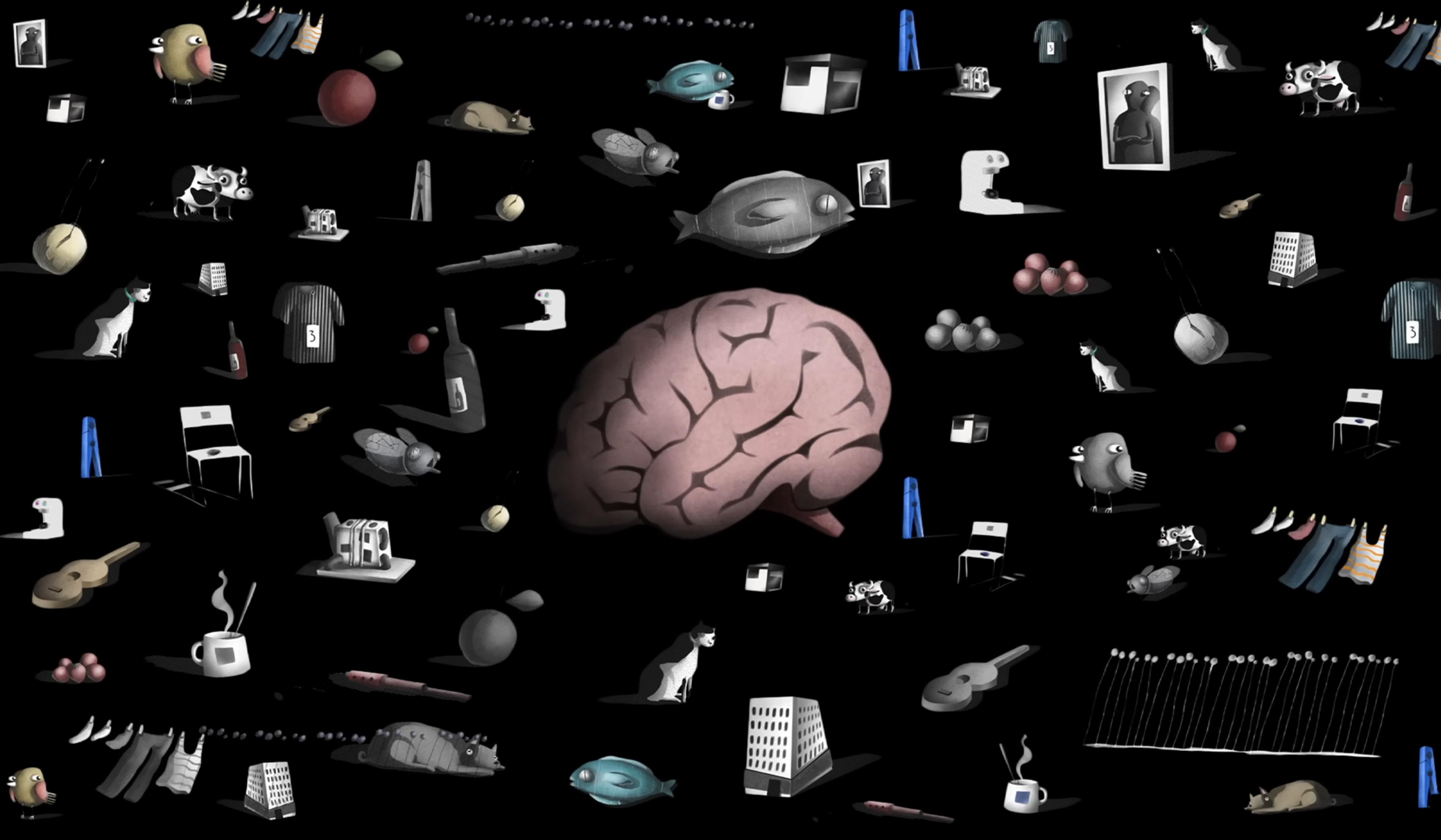
videoLogic and probability
Is it more likely you’re a person with a past, or an ephemeral brain in a void?
6 minutes
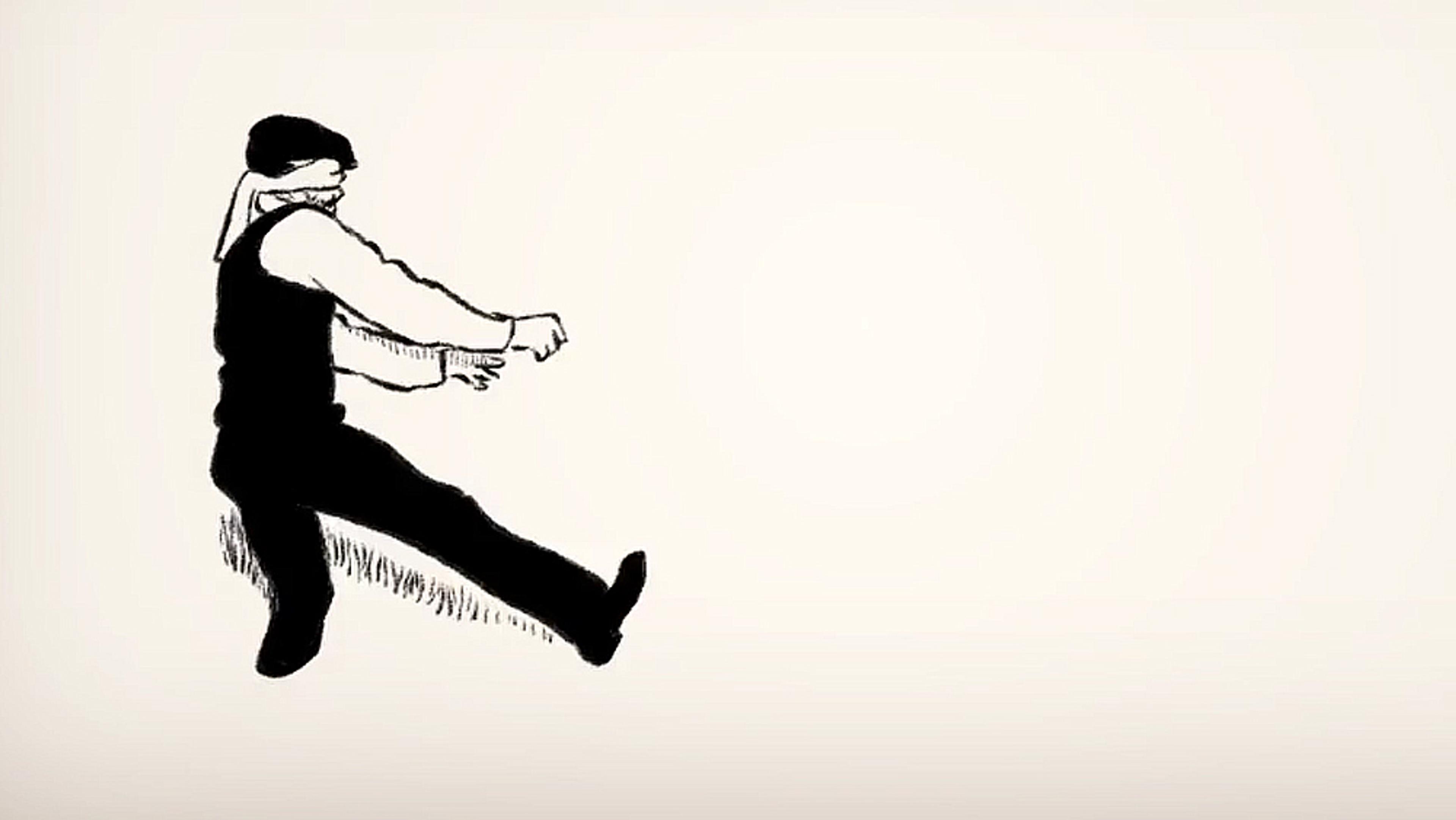
videoHuman evolution
Why can’t blindfolded people walk in a straight line? It’s a scientific mystery
4 minutes
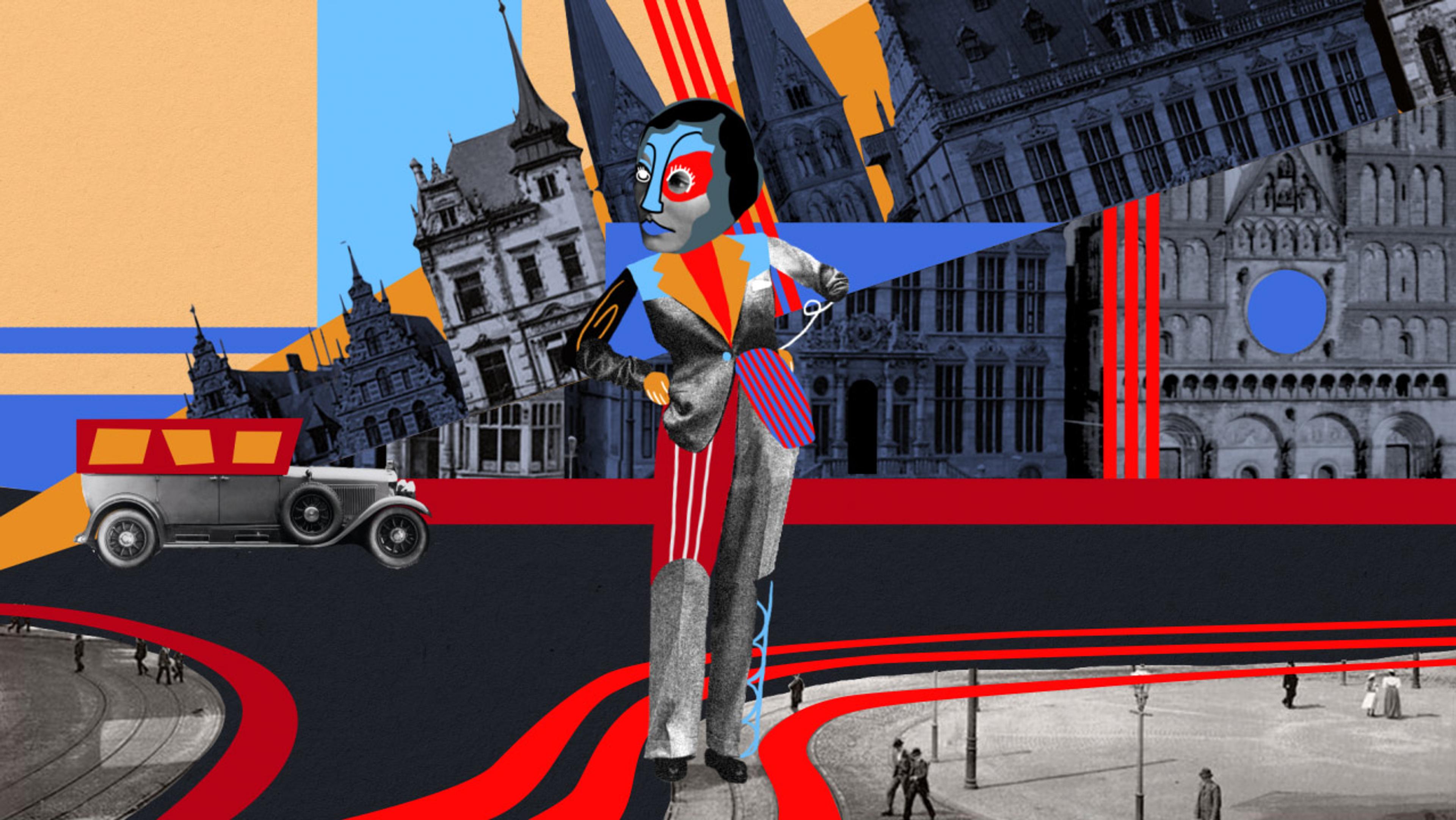
videoHistory of ideas
Splitting the truth: the philosopher that physics forgot
4 minutes

videoMetaphysics
Knowing if you’re awake seems simple. Why has it vexed philosophers for centuries?
5 minutes
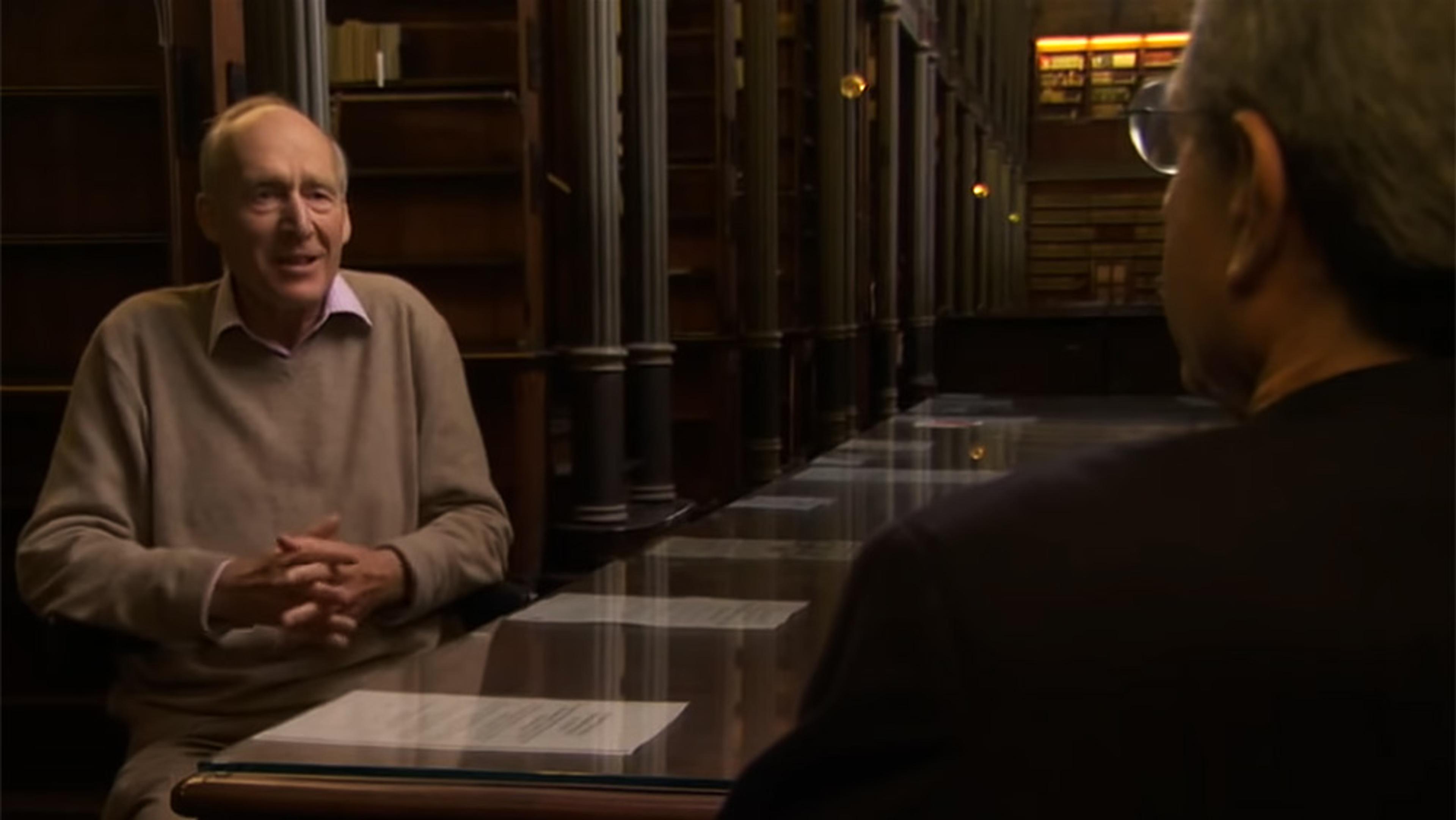
videoHistory of ideas
From sky charts to atomic clocks, time is a mysterious story that humans keep inventing
8 minutes